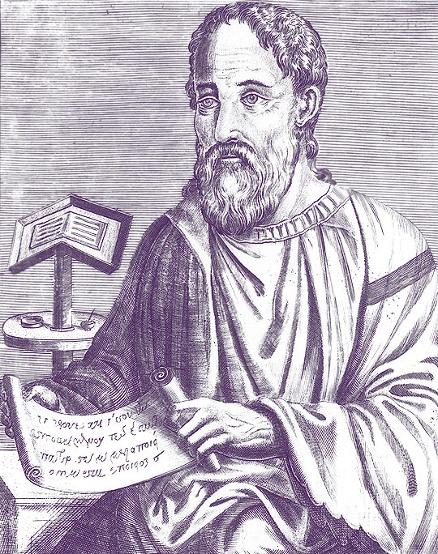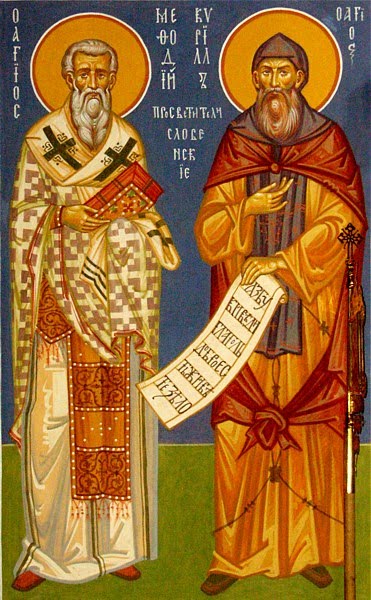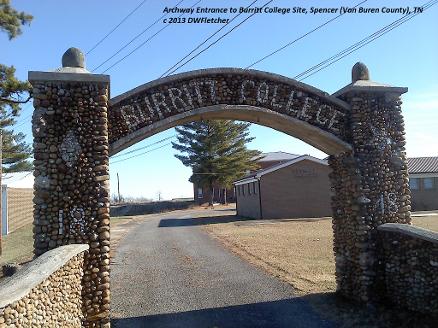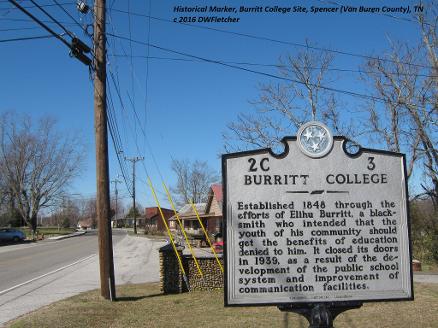
|
Ignatius and the Monarchical Episcopate.pdf Size : 115.097 Kb Type : pdf |

|
Eusebius of Caesarea.pdf Size : 121.894 Kb Type : pdf |



|
Constantine and Methodius in Moravia.pdf Size : 99.675 Kb Type : pdf |



|
Revival Phenomena and Religious Division on the Frontier.pdf Size : 397.225 Kb Type : pdf |

|
Alexander Campbell and His New Translation.pdf Size : 130.888 Kb Type : pdf |

|
Burritt College, A Pacifist College or A College Just Named for A Pacifist.pdf Size : 199.165 Kb Type : pdf |